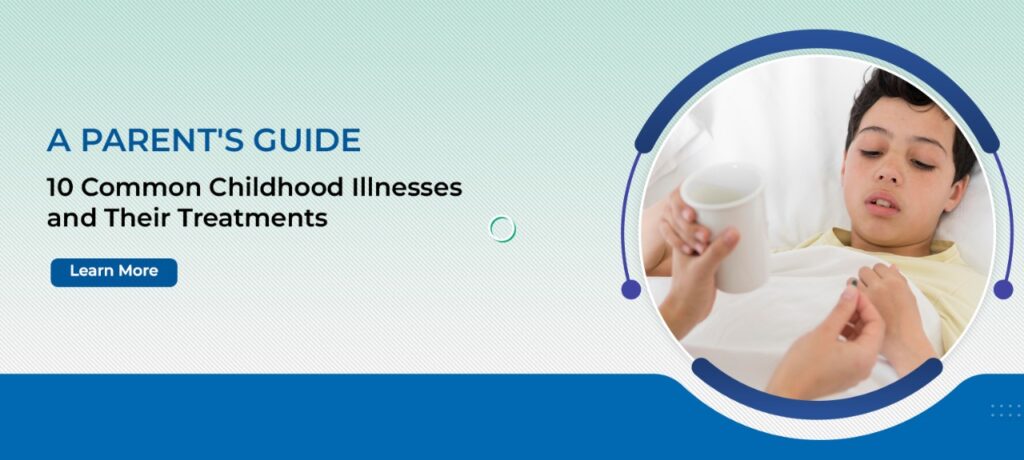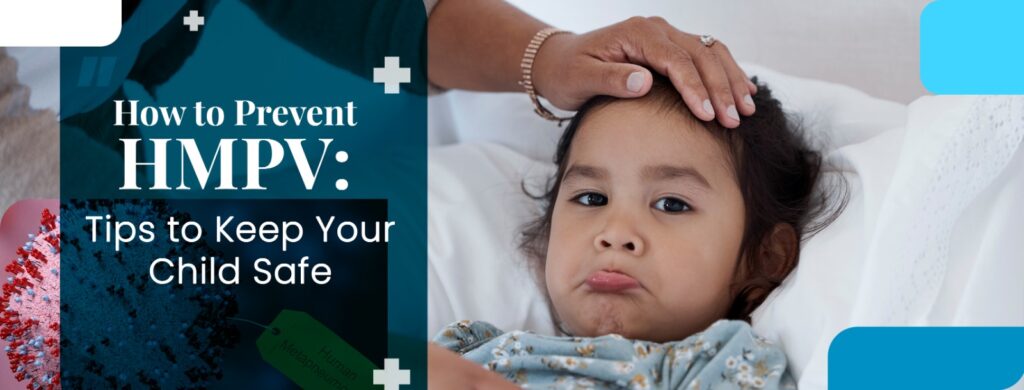Welcoming a newborn is a joyful experience, but new parents often worry about their baby’s health. Newborns are delicate and may face some common health issues in their early days. The good news is that most of these problems are treatable and preventable with proper care. Here are some common newborn health issues and tips to keep your baby safe and healthy.
1. Jaundice
What is it?
Jaundice causes a yellowish tint on a baby’s skin and eyes. It happens because their liver is still developing and it takes time to remove excess bilirubin from the blood.
Prevention & Care:
- Breastfeed frequently to help flush out bilirubin.
- If jaundice seems severe, consult a doctor for proper treatment.
- Against the myths…..exposure to sunlight does not help
2. Colic (Excessive Crying)
What is it?
Some babies cry excessively for no clear reason, often in the evening and night. This condition is known as colic. It can be stressful but usually resolves by 3-4 months.
Prevention & Care:
- Try gentle rocking or swaddling to comfort your baby.
- Burp your baby after each feeding to reduce gas.
- Play soothing sounds or white noise to calm them.
- If crying persists for long hours, talk to a pediatrician.
3. Diaper Rash
What is it?
Red, irritated skin in the diaper area is common due to moisture, friction, or infections.
Prevention & Care:
- Change diapers frequently to keep the area dry.
- Use mild, fragrance-free baby wipes or warm water to clean the area.
- Apply diaper rash cream to prevent irritation.
- Give your baby diaper-free time to let the skin breathe.
4. Common Colds & Cough
What is it?
Since newborns have weak immune systems, they can easily catch colds.
Prevention & Care:
- Wash hands before touching the baby.
- Avoid crowded places and people who are sick.
- Keep your baby’s nose clear with a saline solution if needed.
- Breastfeeding helps build immunity.
5. Spitting Up (Reflux)
What is it?
It’s normal for newborns to spit up small amounts of milk. However, frequent vomiting may indicate reflux.
Prevention & Care:
- Feed your baby in an upright position.
- Burp them after feeding.
- Avoid overfeeding.
- If the baby is losing weight or seems uncomfortable, see a doctor.
6. Skin Issues (Baby Acne & Rashes)
What is it?
Many newborns develop tiny red or white bumps on their faces due to hormonal imbalance.
Prevention & Care:
- Keep your baby’s face clean with warm water.
- Avoid applying oils or lotions on affected areas.
- The acne will go away on its own in a few weeks.
7. Constipation
What is it?
Some babies have difficulty passing stools, especially formula-fed ones.
Prevention & Care:
- If breastfeeding, continue feeding on demand.
- For formula-fed babies, check if the formula suits them.
- Gently massage the baby’s tummy to help digestion.
- Consult a doctor before trying any remedies.
8. Umbilical Cord Infections
What is it?
After birth, the umbilical cord stump dries up and falls off within a few weeks. However, if it gets infected, it can cause redness, swelling, or a bad smell.
Prevention & Care:
- Keep the area dry and clean.
- Avoid covering it with tight clothing.
- Never pull off the stump—let it fall naturally.
- If you notice pus, swelling,redness around the umbillicus or fever, seek medical help.
9. Dehydration
What is it?
Newborns can get dehydrated quickly, especially if they are not feeding properly. Signs include fewer wet diapers, dry mouth, and excessive sleepiness.
Prevention & Care:
- Ensure your baby is feeding regularly (breast milk or formula).
- Watch for at least 6-8 wet diapers a day.
- If you notice signs of dehydration, contact a pediatrician immediately.
10. Ear Infections
What is it?
Ear infections can occur when infected fluid builds up in the ear, leading to pain and discomfort.
Prevention & Care:
- Breastfeed your baby, as it helps boost immunity.
- Avoid exposing your baby to secondhand smoke.
- Keep your baby’s head elevated slightly while feeding to prevent milk from flowing into the ears.
- Avoid bottle feeding
- If you notice fever or excessive fussiness, consult a doctor.
Final Thoughts
Newborn health issues are common but mostly temporary. With proper care, hygiene, and attention, most problems can be prevented or managed at home. However, if something seems unusual or severe, always consult a pediatrician.
If you’re experiencing any concerns about your baby’s health, don’t hesitate to contact Dr. Prabhas Prasun Giri. Call 7439744792/7797353139 or visit www.prabhaspediatrics.com for expert care and guidance.




